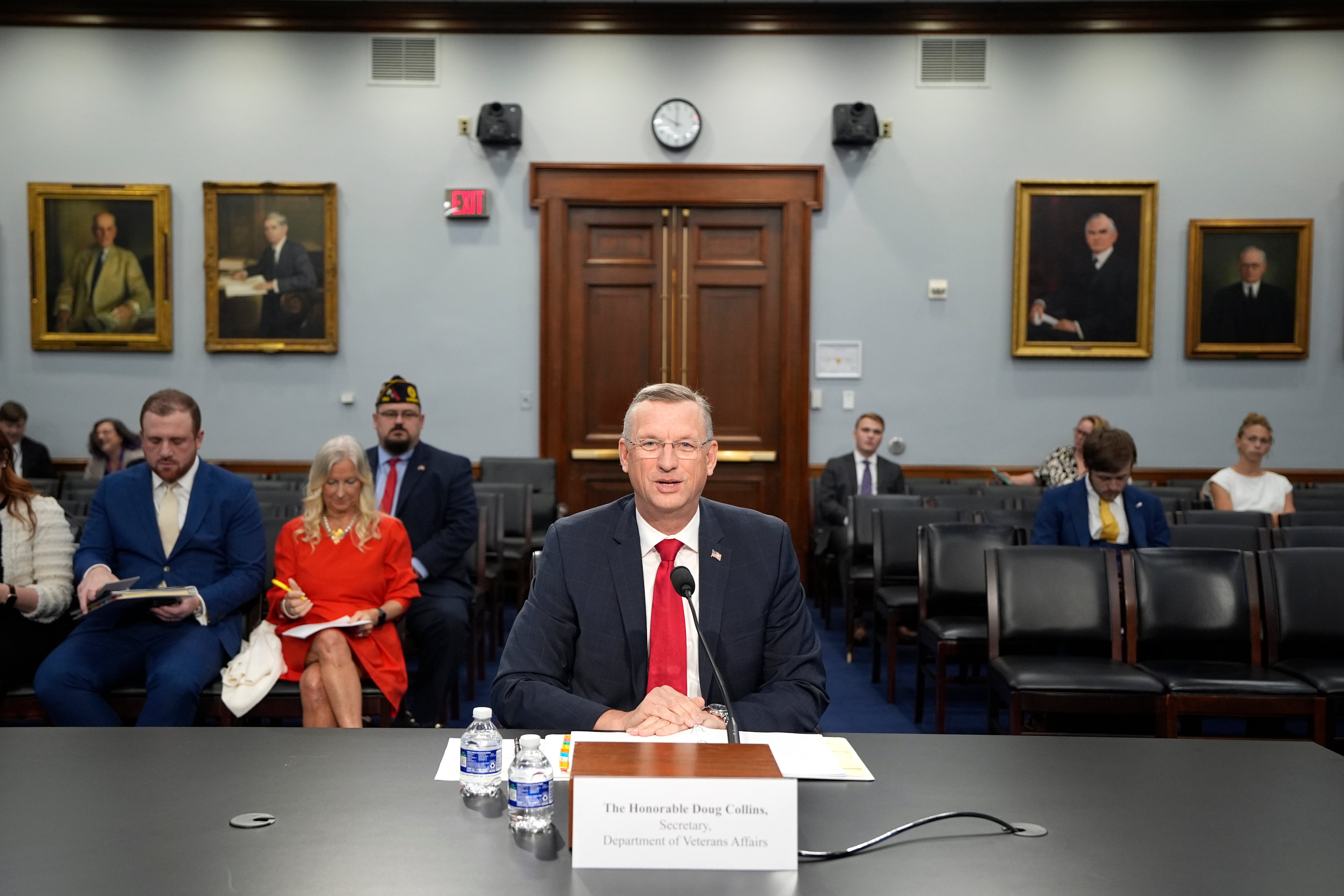Navy spouses – like spouses in the other services – can now apply for reimbursement of up to $500 in costs for relicensing and recertification each time they relocate with their service member.
Spouses can be reimbursed for costs for getting re-licensed/re-certified in their profession after they move to a new state because of their service member’s permanent change of station.
The reimbursement is also retroactive. It applies to fees incurred with PCS moves where orders were received on or after Dec. 12, 2017, when a law was signed allowing all the services to reimburse spouses for these costs.
The reimbursements are part of a pilot program authorized through Dec. 31, 2022, by the fiscal 2018 National Defense Authorization Act. Legislative proposals are pending which could extend DoD’s authority for reimbursement for two more years, and would increase the maximum reimbursement to $1,000.
The Army, Air Force and Marine Corps issued their reimbursement policies in May.
These fees are a financial burden to many military families. Spouses in certain fields often can’t get a job in their field until they meet the requirements of the new state for a license to practice in their profession.
Local and state-level licensing or certifications are required in a long list of professions, ranging from dental hygienists and accountants, to doctors, hairdressers, nurses, teachers and attorneys, to name a few. The requirements and costs vary widely from state to state, and from one profession to another, and can run into thousands of dollars.
In a new, separate action to help soldiers’ spouses with their fees required for relicensing, the nonprofit Army Emergency Relief will provide a grant or interest-free loan to reimburse spouses up to an additional $2,000 for re-licensing costs when they move to a new state. That assistance can be up to $2,500 as the spouse waits for the $500 reimbursement from the Army. The $2,000 will be in the form of a grant, which doesn’t have to be paid back, or interest-free loan, depending on the family’s financial situation.
To apply for the assistance, soldiers and their spouses should visit their local AER chapter on base within 180 days of arrival at their new location by presenting the license or certification from the previous state, along with their application, which can be found online at www.aerhq.org.
Like the other services’ policies, sailors are eligible for the $500 reimbursement if they are reassigned from a permanent duty station in one state to a permanent duty station in another state; the dependents are authorized to move with the service member; the spouse was employed in a profession requiring certification at the previous location, and is required to get re-certified in the same profession in the new state; and the relicensing or recertification was successful.
For families returning from overseas, the license from the last state held before the overseas tour may be used as long as the new assignment is in a different state, according to the Navy policy.
The Army, Air Force and Marine Corps policies also apply to Guard and Reserve members on Title 10 orders, but the Navy policy doesn’t specifically include Navy Reserve members.
Here’s how the Navy’s program works:
Sailors must apply for the reimbursement for their spouse by sending an encrypted email to MyNavy Career Center at askmncc@navy.mil, with claim form SF Form 1164, along with the following documents:
- a copy of the service member’s PCS travel settlement voucher DD form 1351-2, indicating state-to-state member and spouse relocation
- receipts for costs incurred for relicensing/recertification
- proof of previous certification/license
- proof of new recertification/relicense
Karen has covered military families, quality of life and consumer issues for Military Times for more than 30 years, and is co-author of a chapter on media coverage of military families in the book "A Battle Plan for Supporting Military Families." She previously worked for newspapers in Guam, Norfolk, Jacksonville, Fla., and Athens, Ga.





